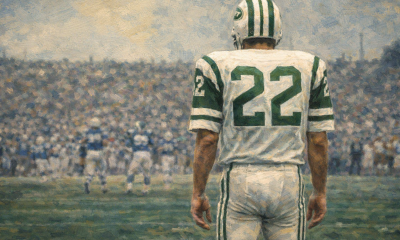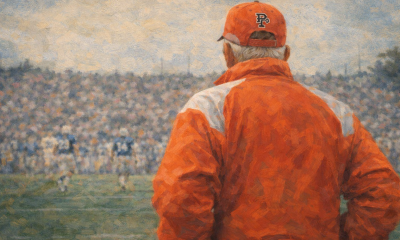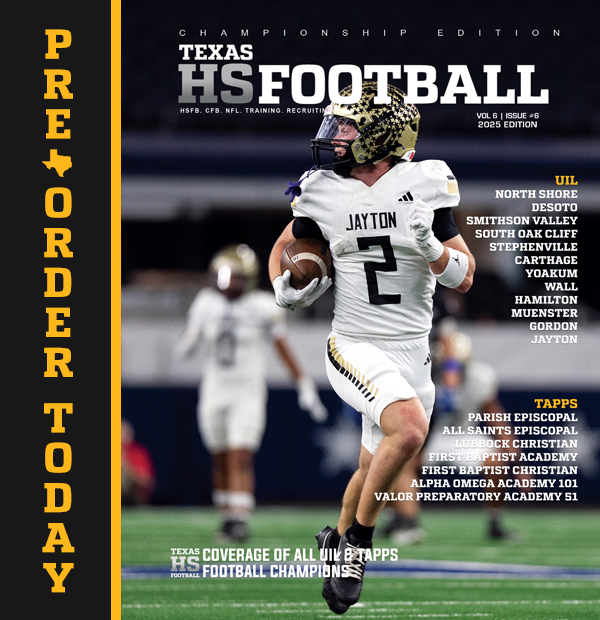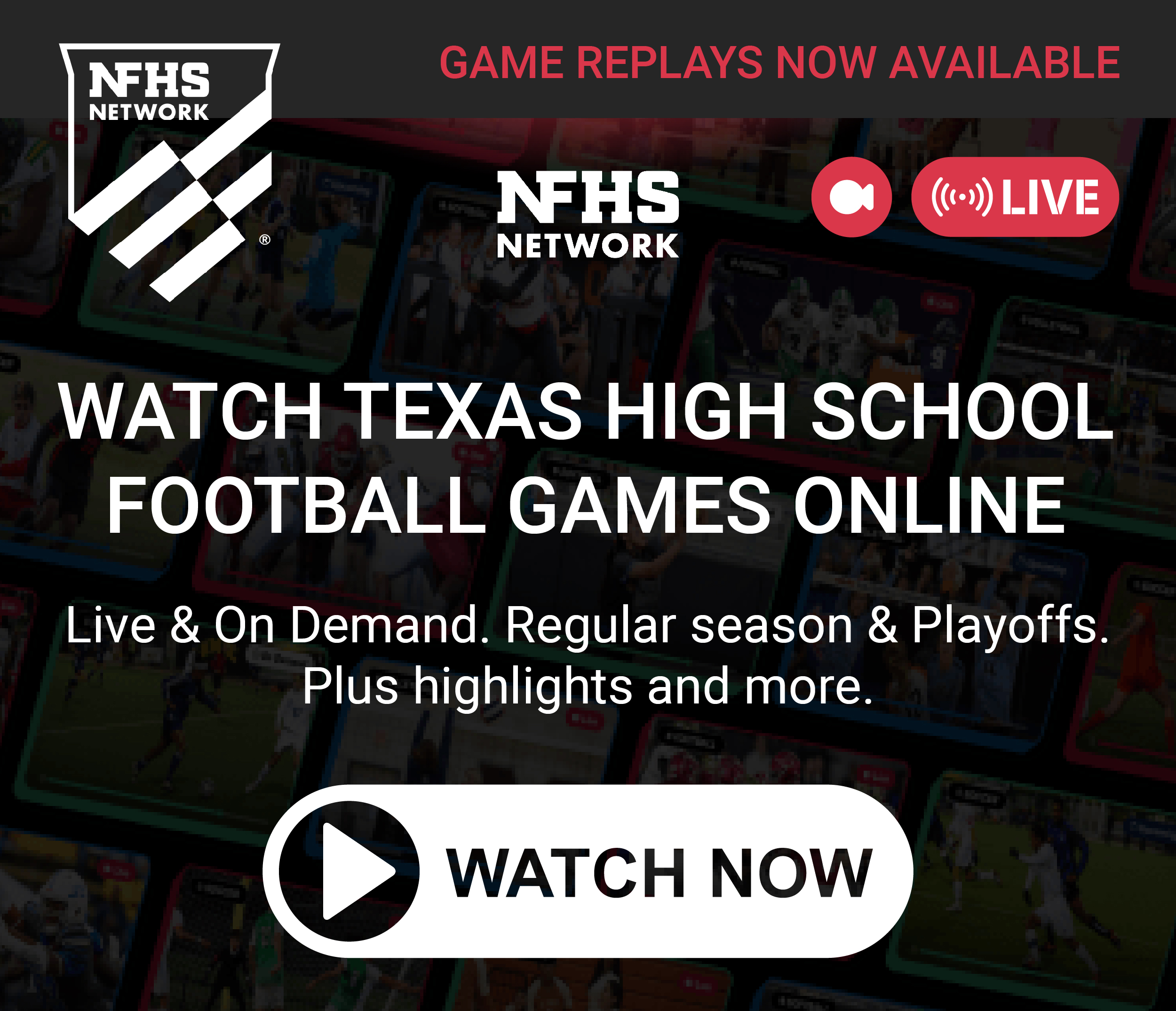
As a fan of high school football, it’s hard not to love 7-on-7, but many coaches, parents and athletes have been wondering the value it brings.
As an athlete, should you participate in the growing number of elite and national travel teams?
With so many former NFL NCAA Division I athletes making their homes in Dallas and Houston, the number of elite programs and quality coaching is staggering, providing today’s high school players great resources and opportunities that were previously unavailable to generations before.
The mantra of 7-on-7 is speed. Quarterbacks are only allowed four seconds to make their reads and get the ball to the skill players. It’s all about footwork, speed drills and competing in fun and innovative ways that increase the offensive and defensive linemen’s abilities to come off the ball quickly and efficiently.
7-on-7 provides an environment where kids can learn, get the needed repetitions and do it all without contact.
For athletes, parents and coaches, it’s a win-win scenario.
One of the up-and-coming programs in the Dallas-Fort Worth metroplex is PPT Elite.
PPT is owned and operated by former Plano West defensive standout Jordan Pugh. During his career, Pugh was a shut down defender for the Texas A&M Aggies and went on to be drafted by the Carolina Panthers in the 2010 NFL Draft.
Pugh recently spent some time with TexasHSFootball.com and shared his thoughts on the rise of 7-on-7.
As a former high-caliber athlete, why is the emergence of the “elite” 7-on-7 so important to you?
I think 7on7 is more important than ever. The beautiful thing about the game is that it allows athletes to hone their skills in a non contact, competitive environment.
As a coach at Fort Worth Nolan, how does 7-on-7 affect the high school ranks?
The affect I see on high school football from 7-on-7 is the QB play. I see guys playing that position processing the game faster and ultimately understanding the true mental aspects of the game.
How does the fast-paced action of “elite” 7-on-7 prepare players for the next level?
I think the speed of the 7-on-7 game is a great teacher of urgency. When a game is only 25 minutes, every play matters. At the next level, everything is about urgency and taking advantage of moments in a game. 7-on-7 teaches you to take advantage of opportunities and understanding critical moments in games.
What’s the best piece of advice you can give fellow high school coaches and players regarding the opportunities 7-on-7 can offer?
My advice would be to play as much as you can. I’m a believer that you only get better at your craft by doing your craft. With the rise of 7-on-7, the competitive atmosphere that athletes can play in, I think it’s the perfect format to teach skills and perfect each aspect of your game.


















